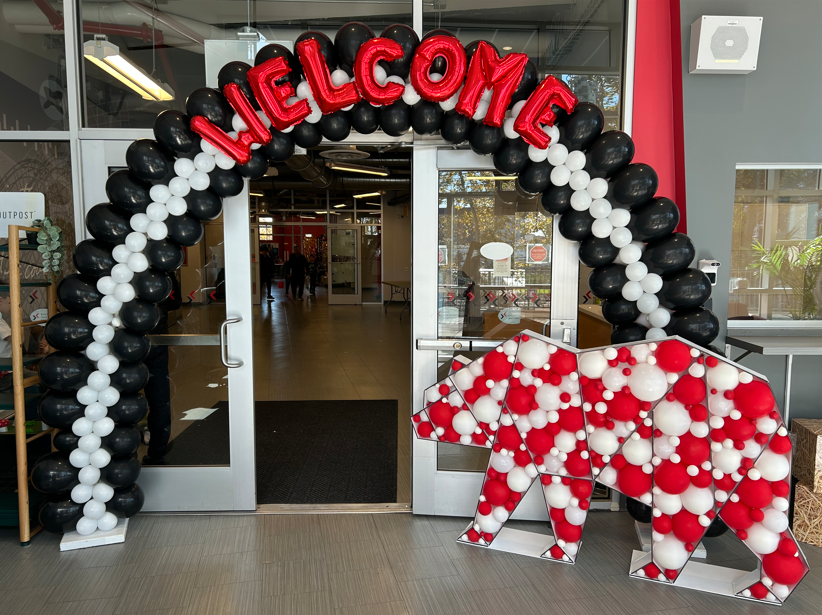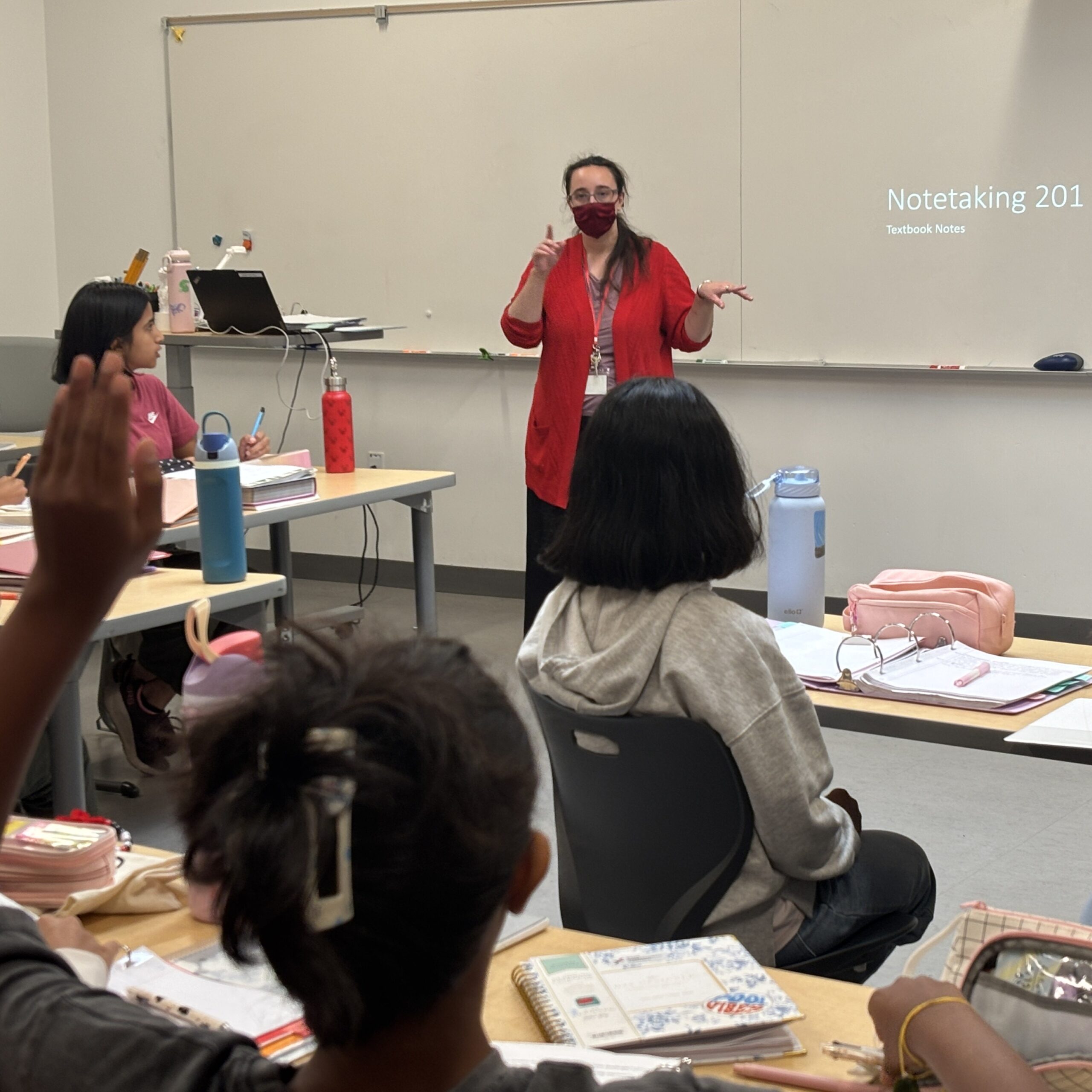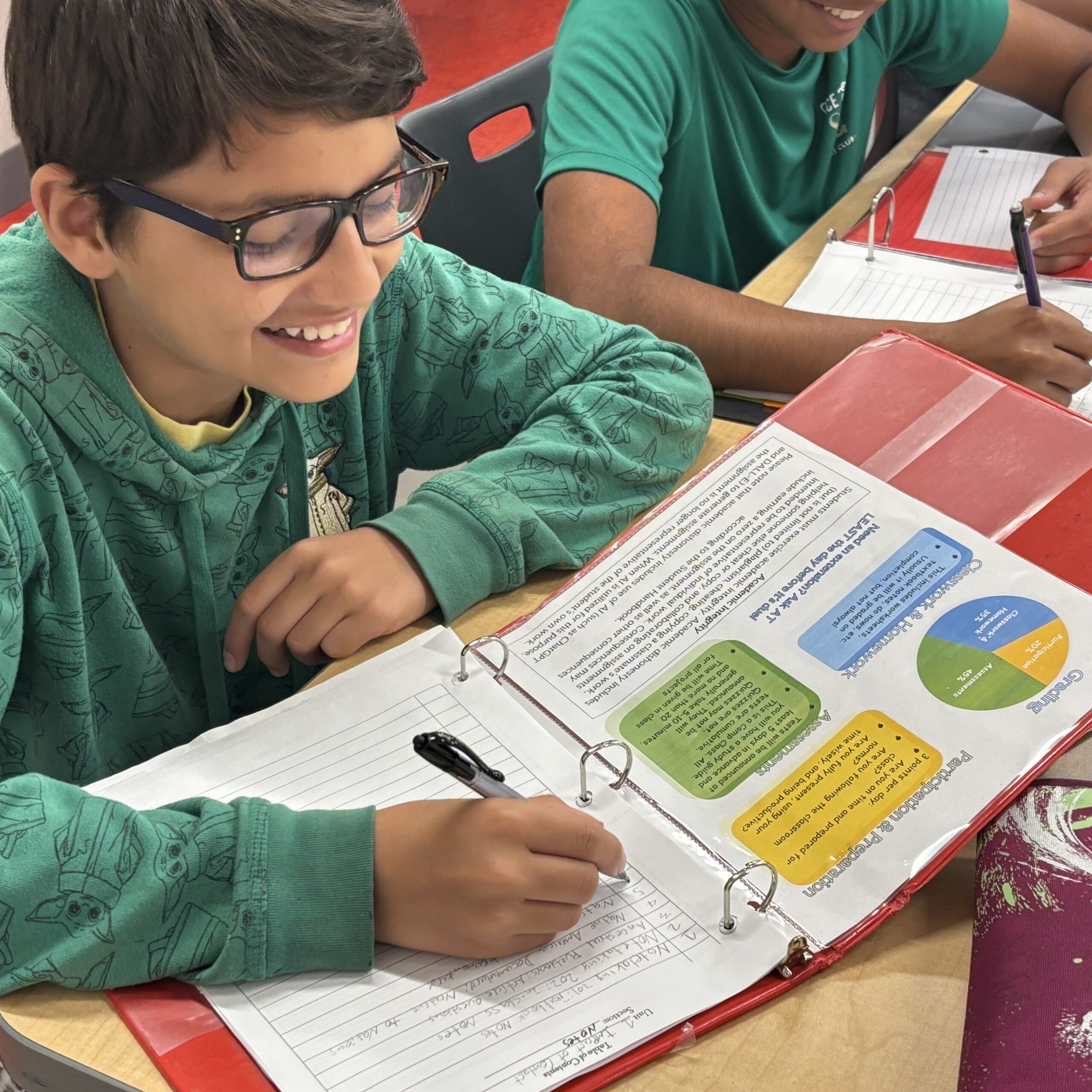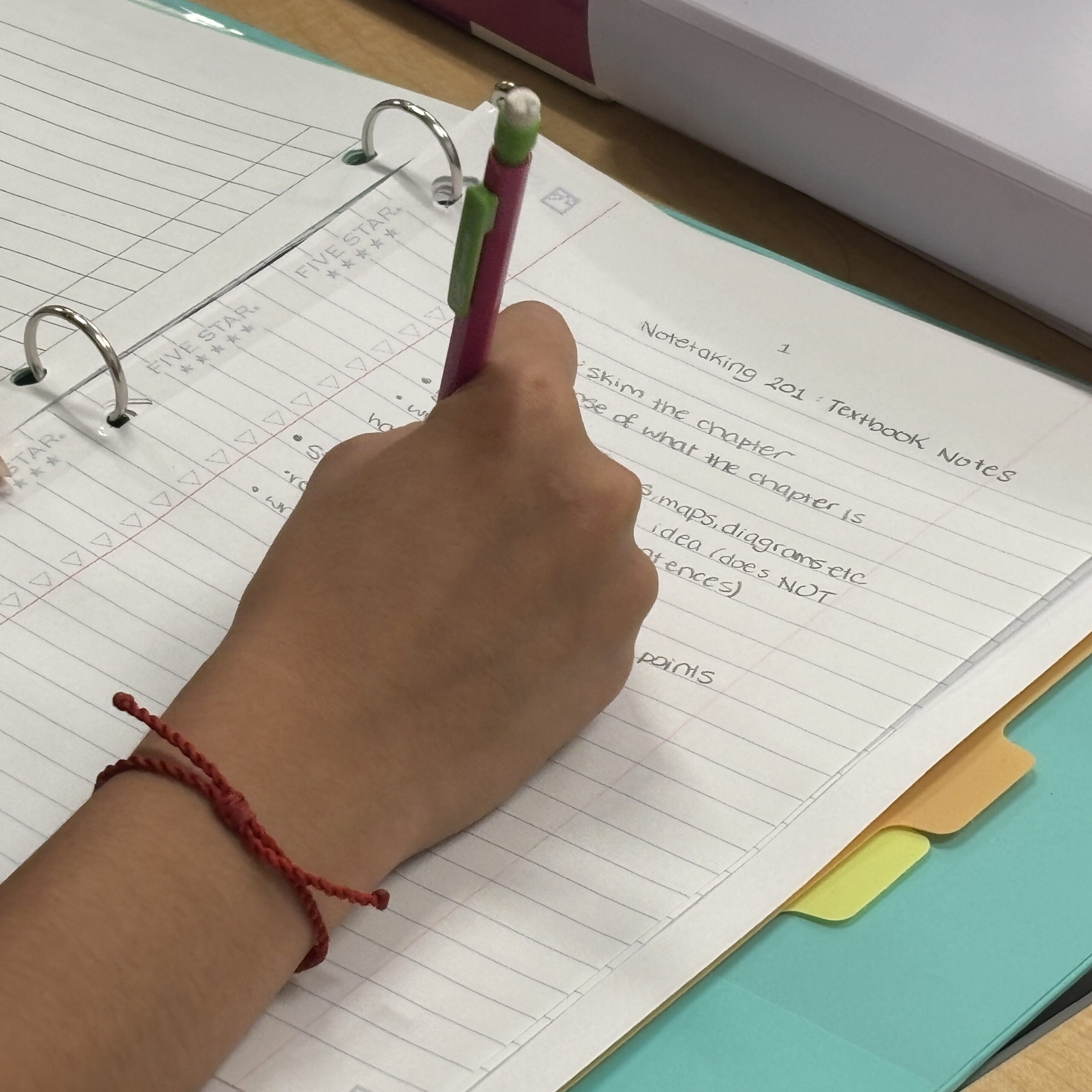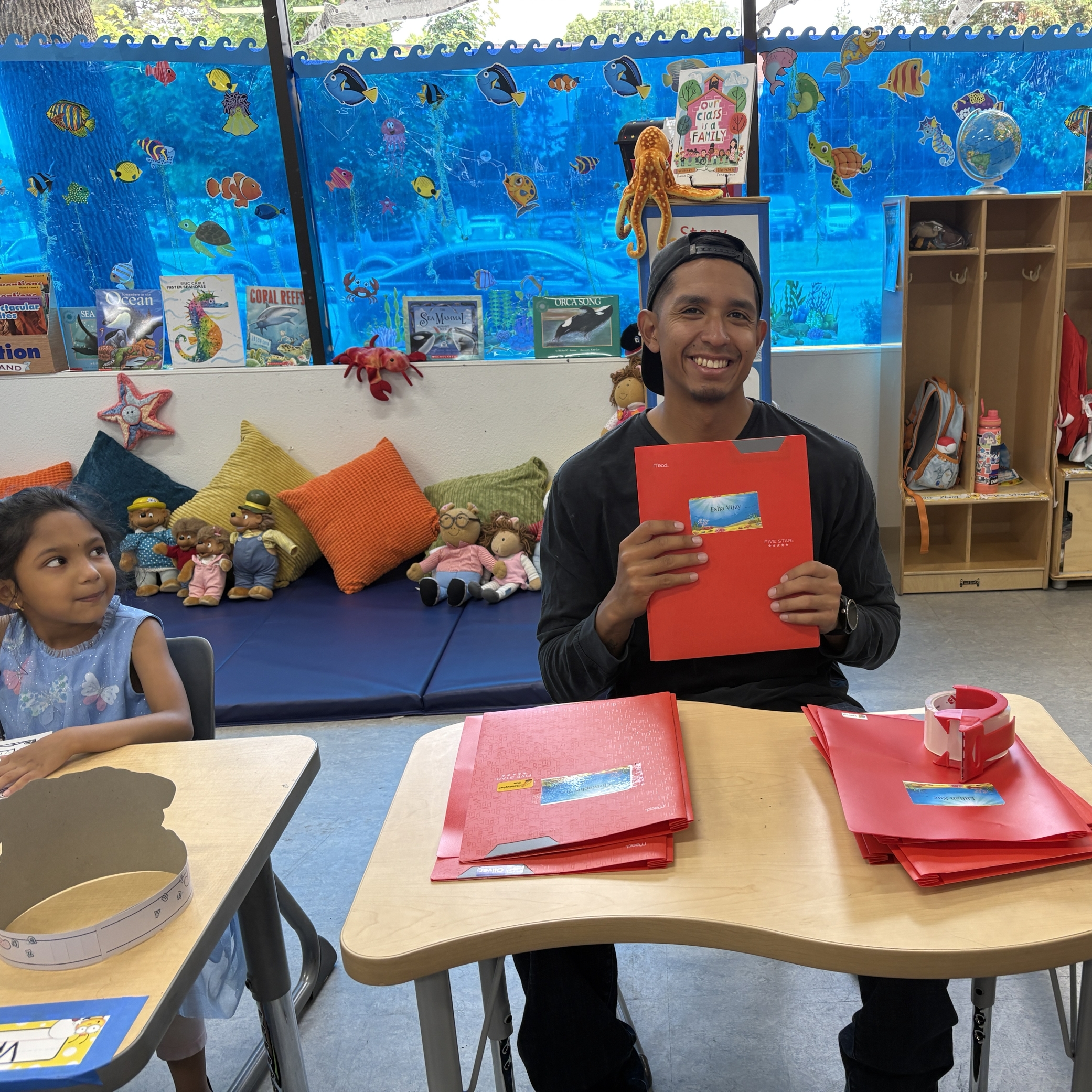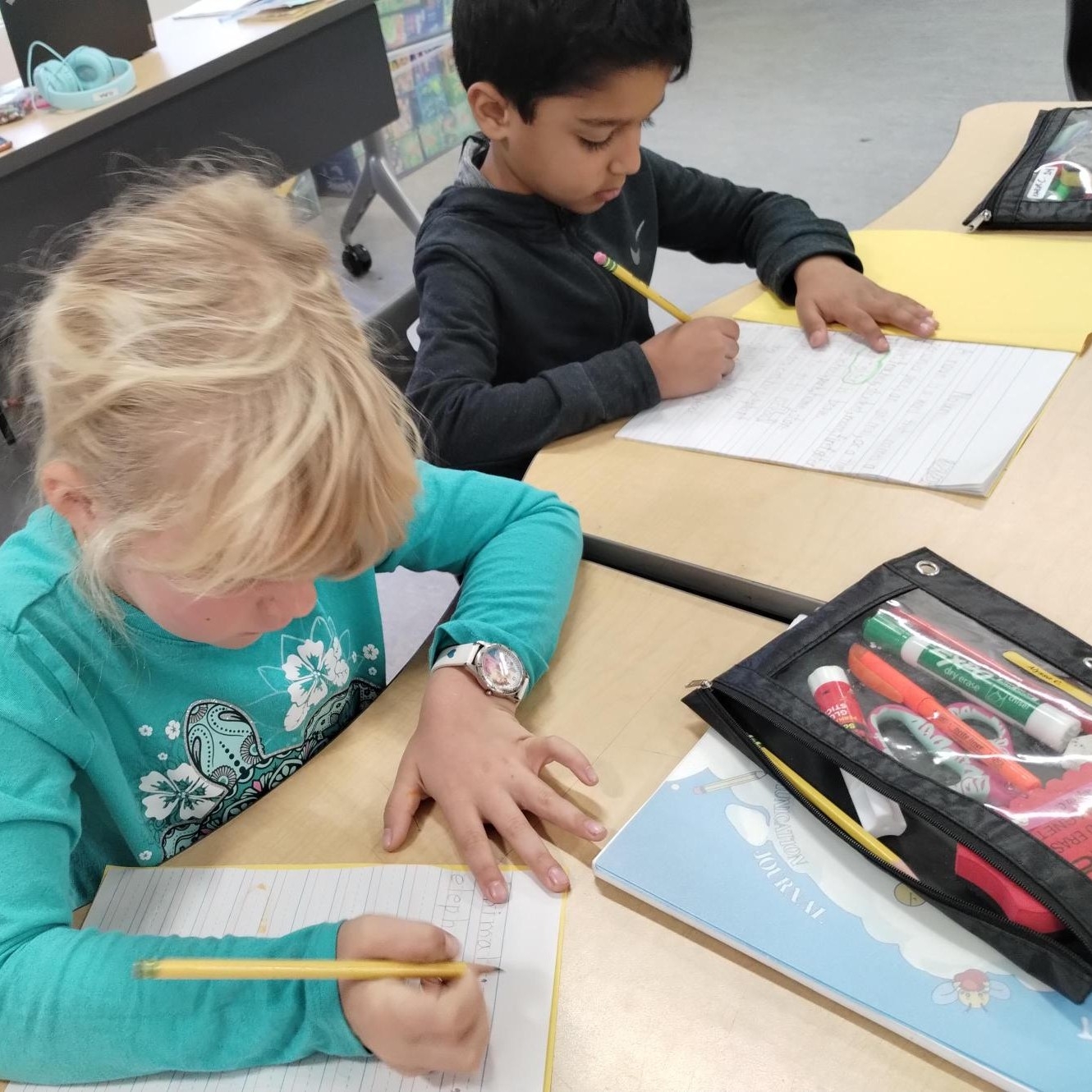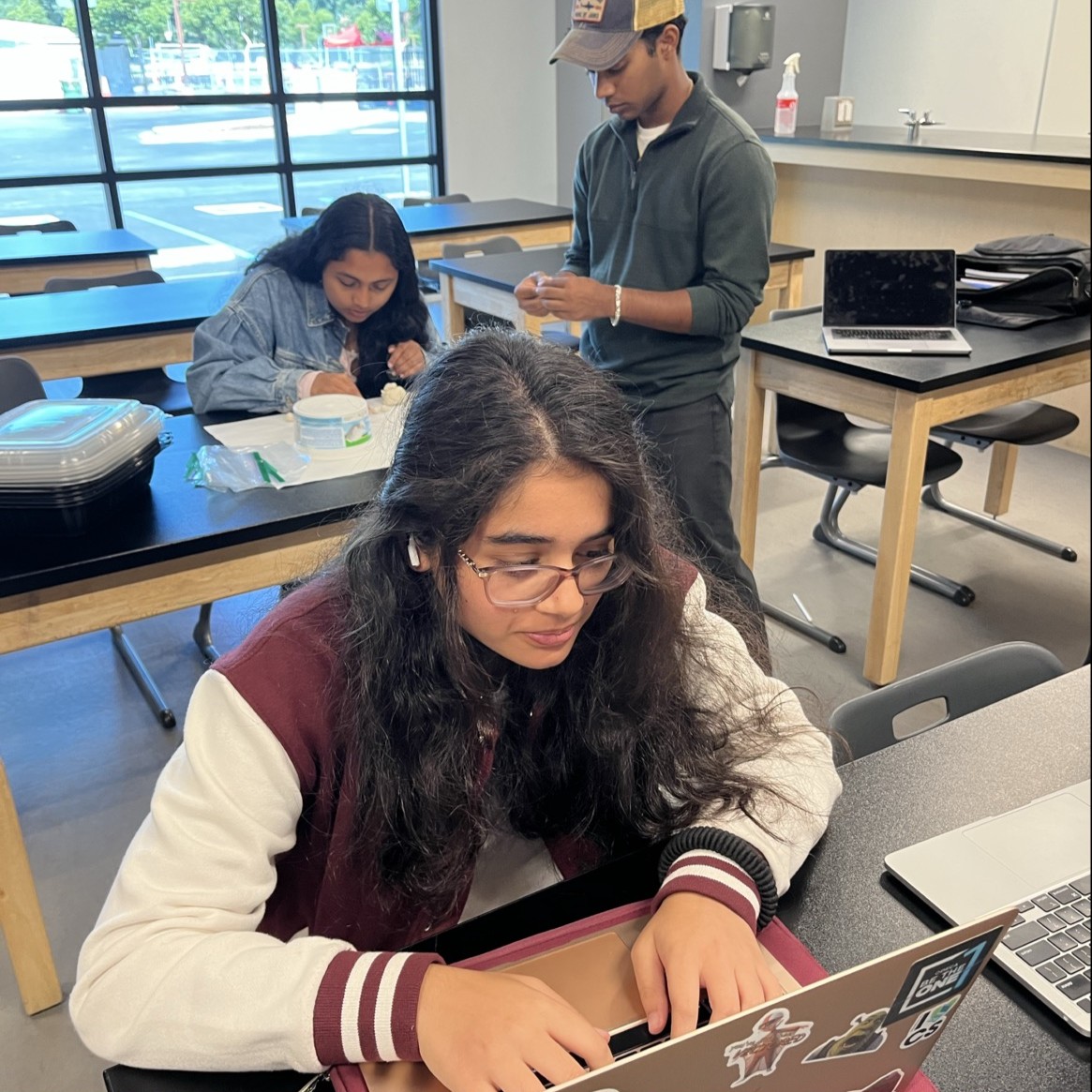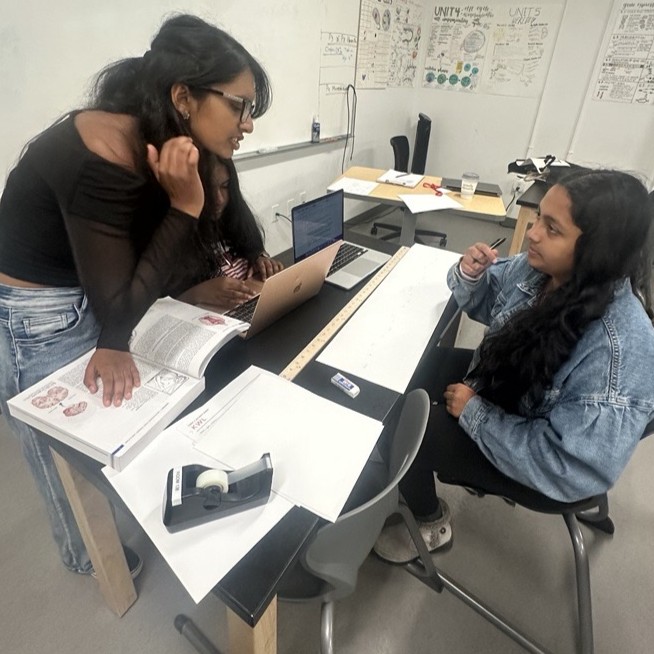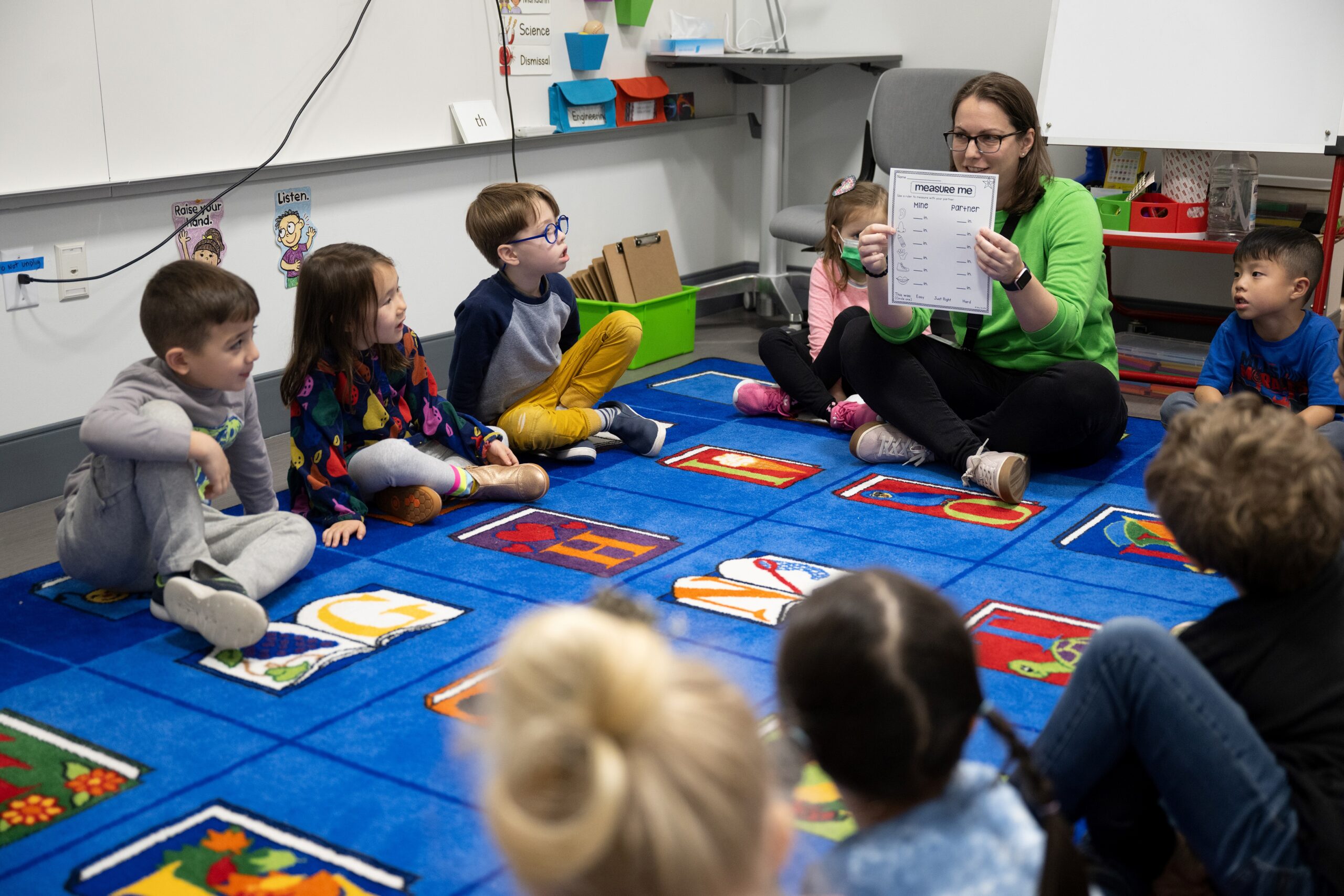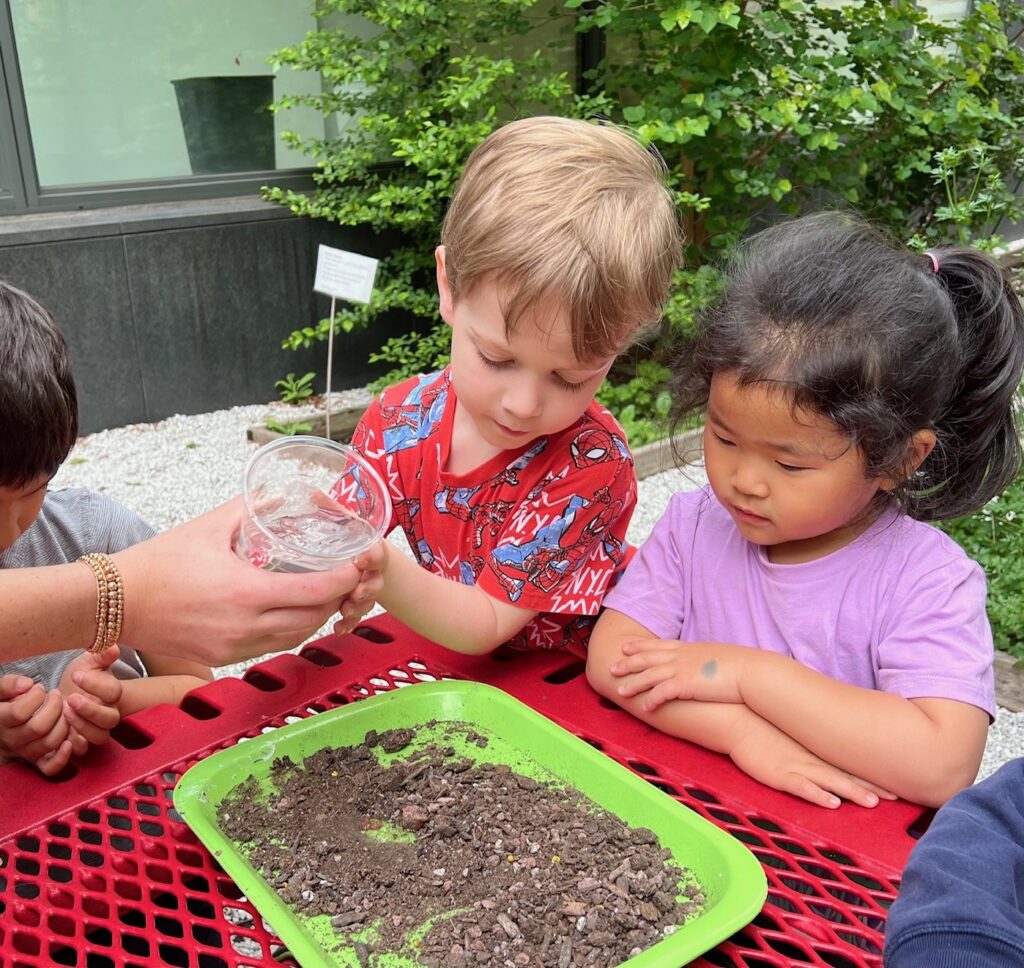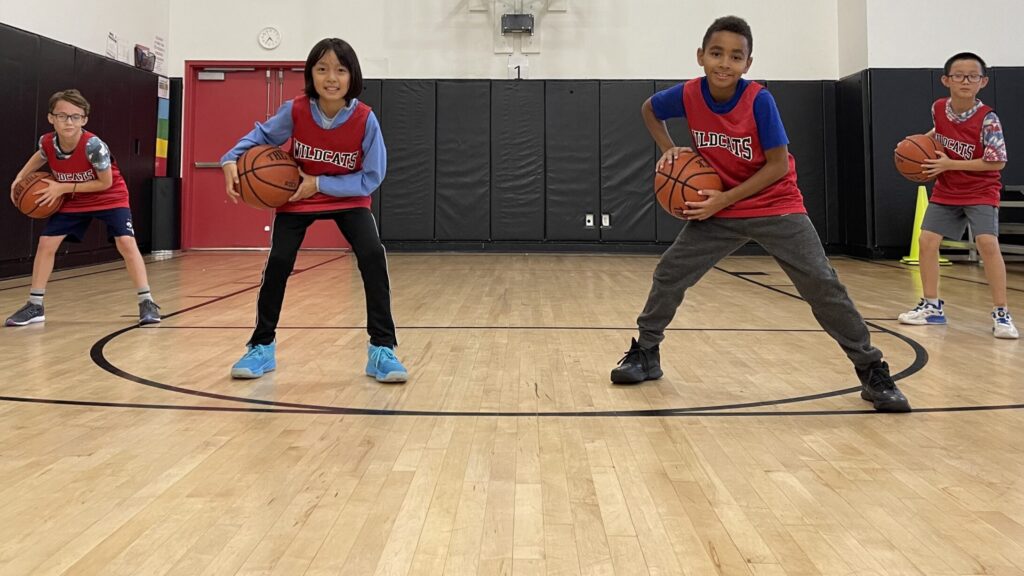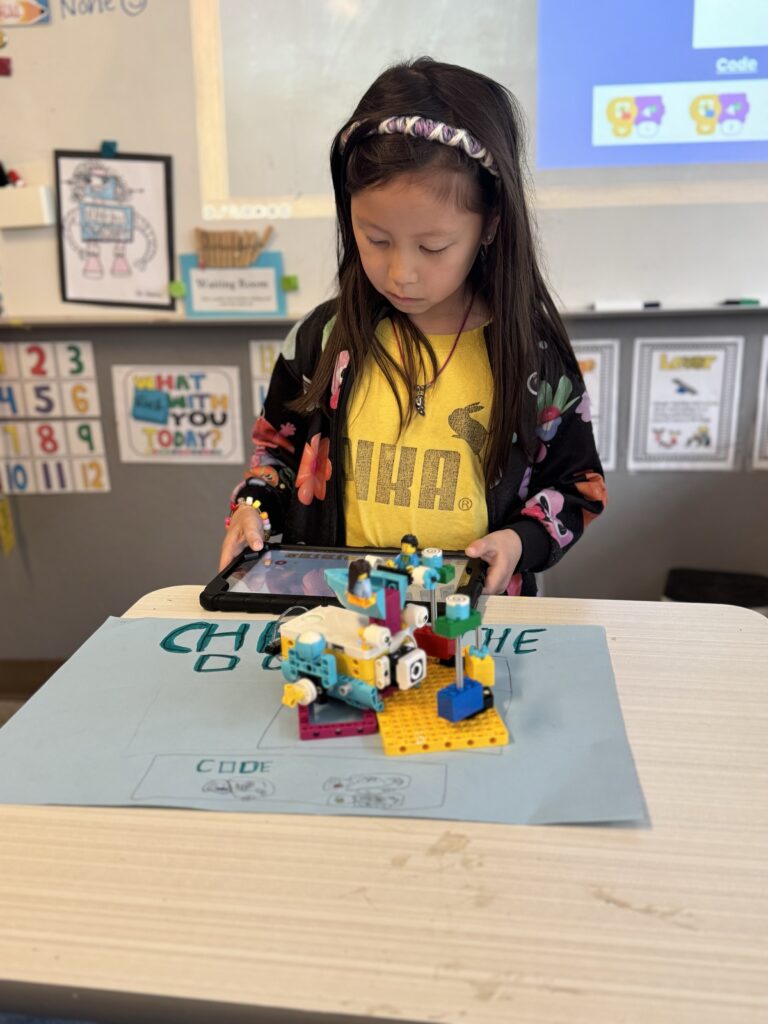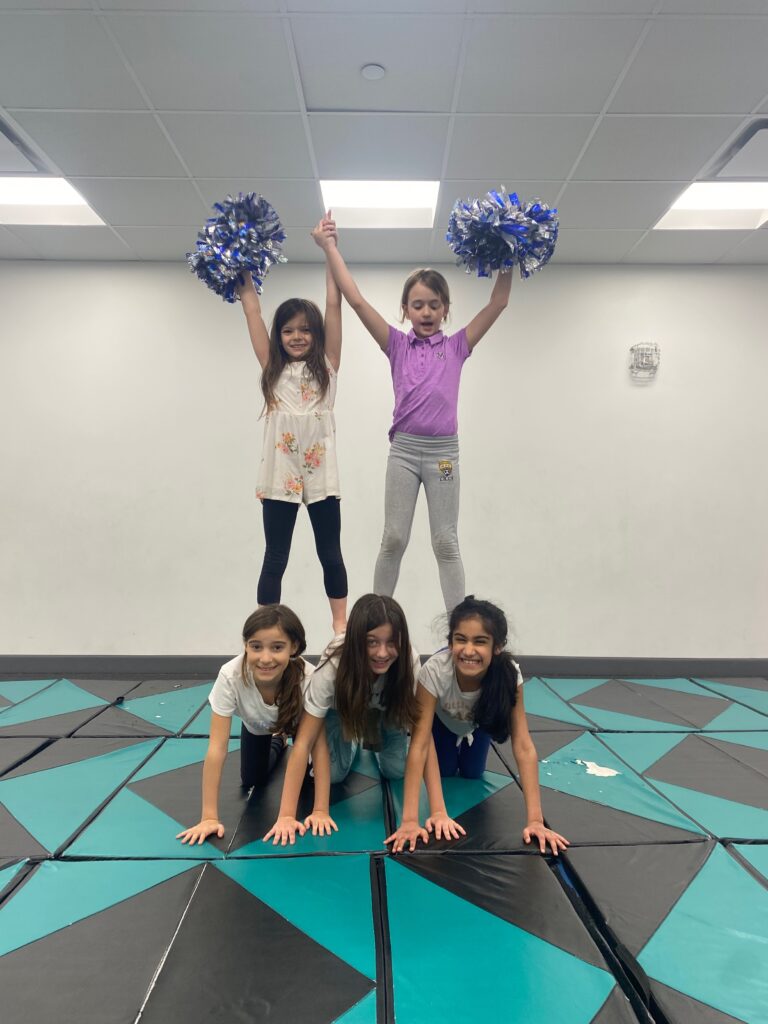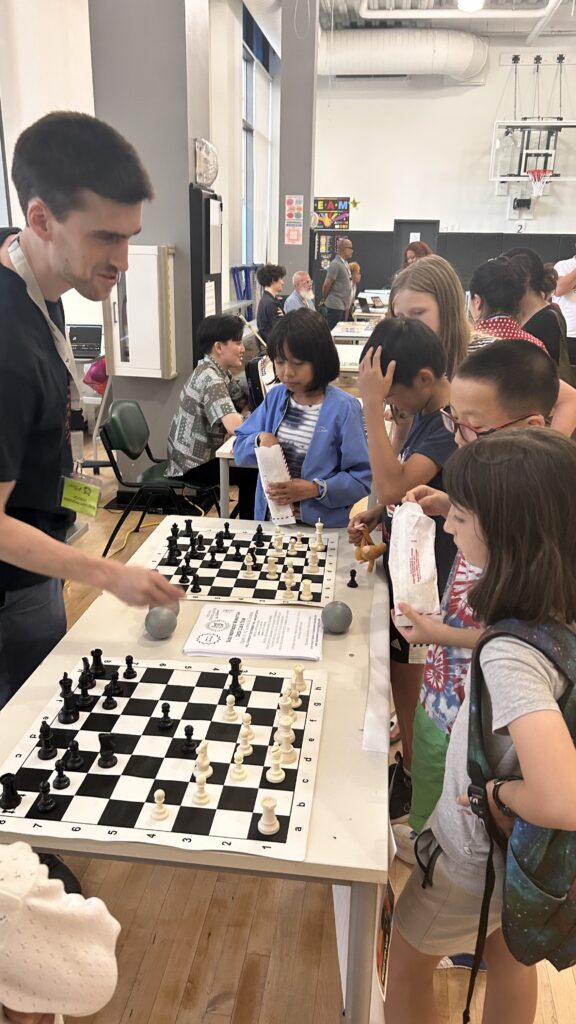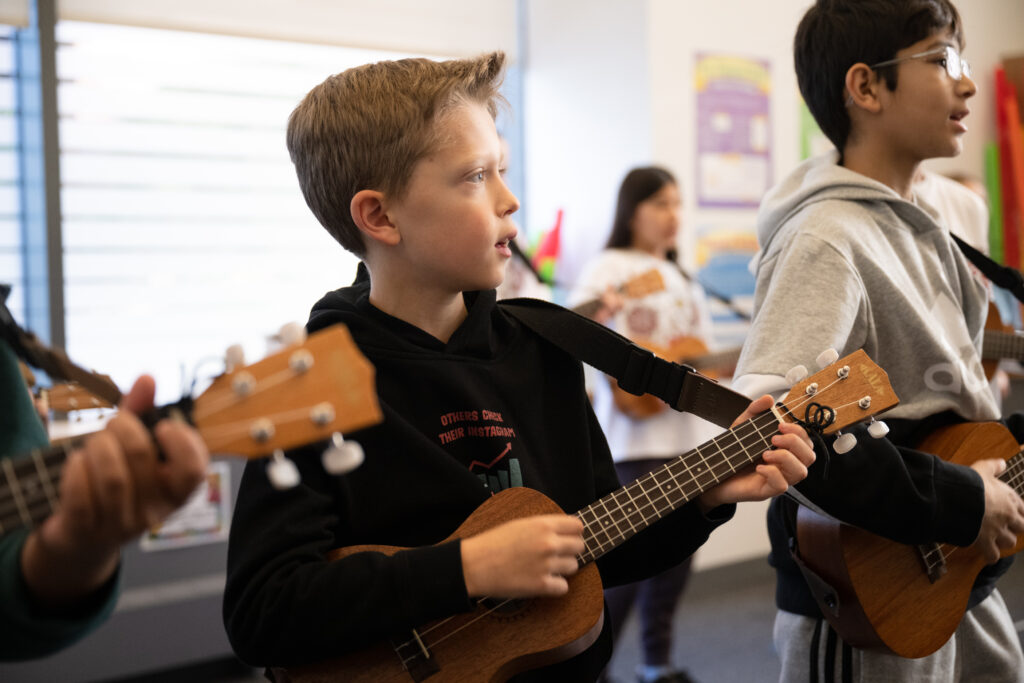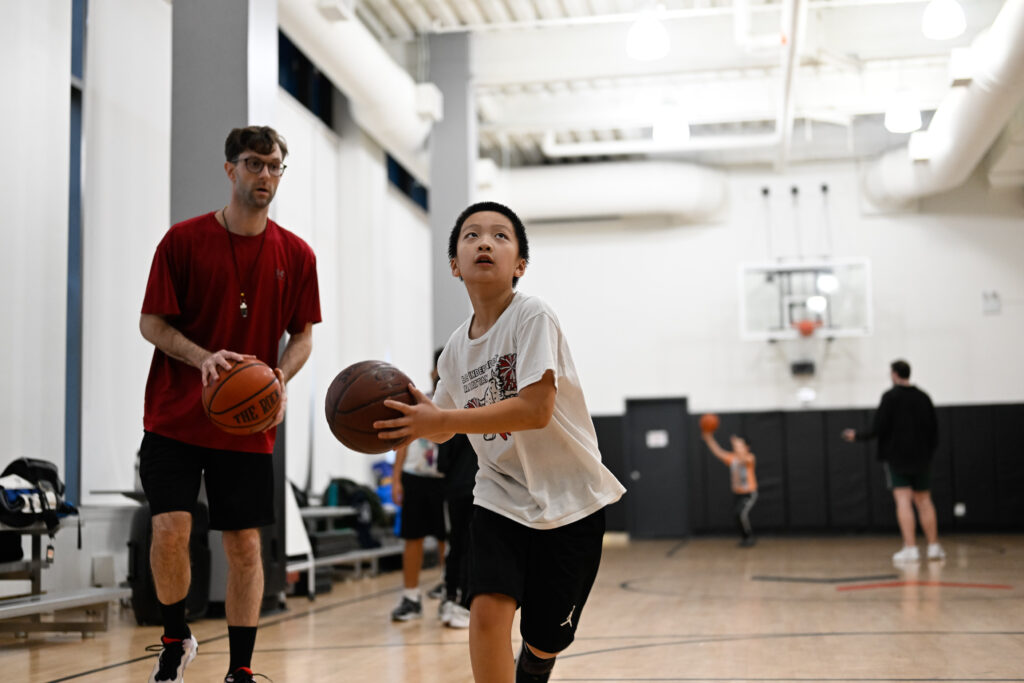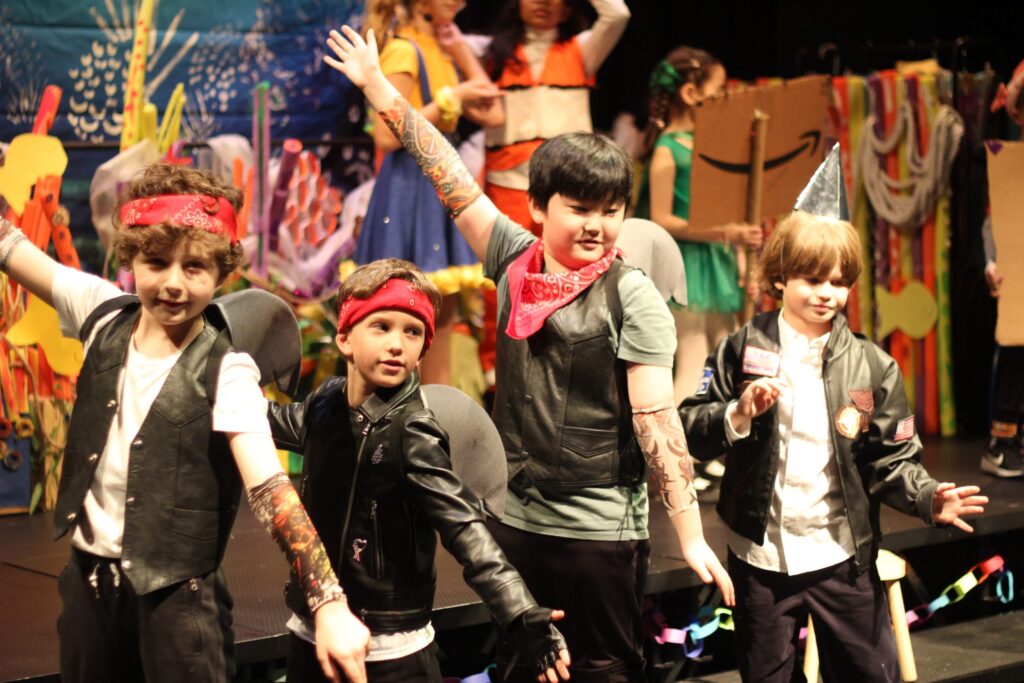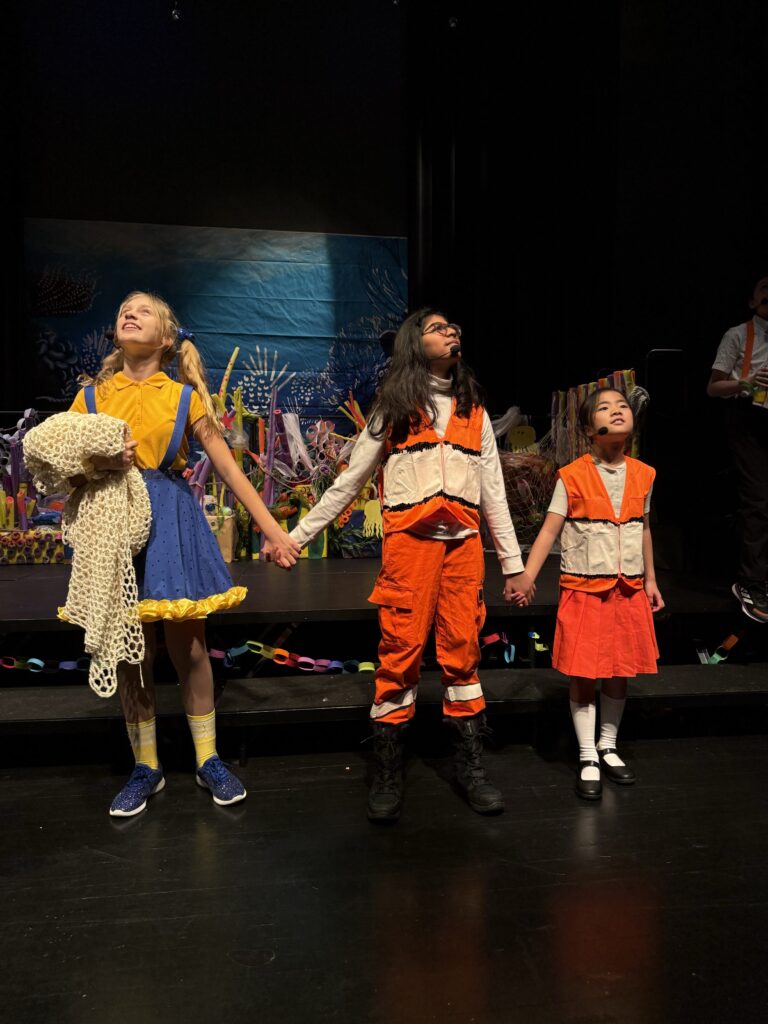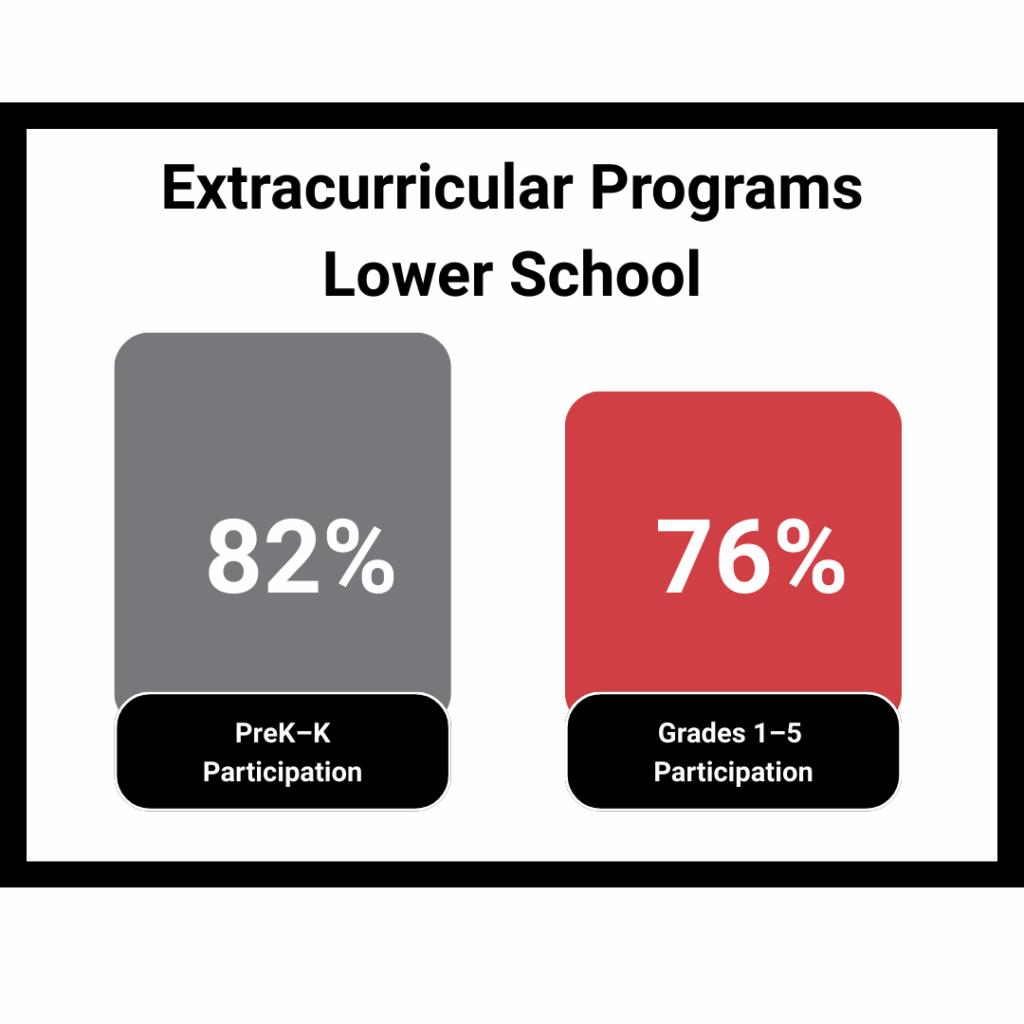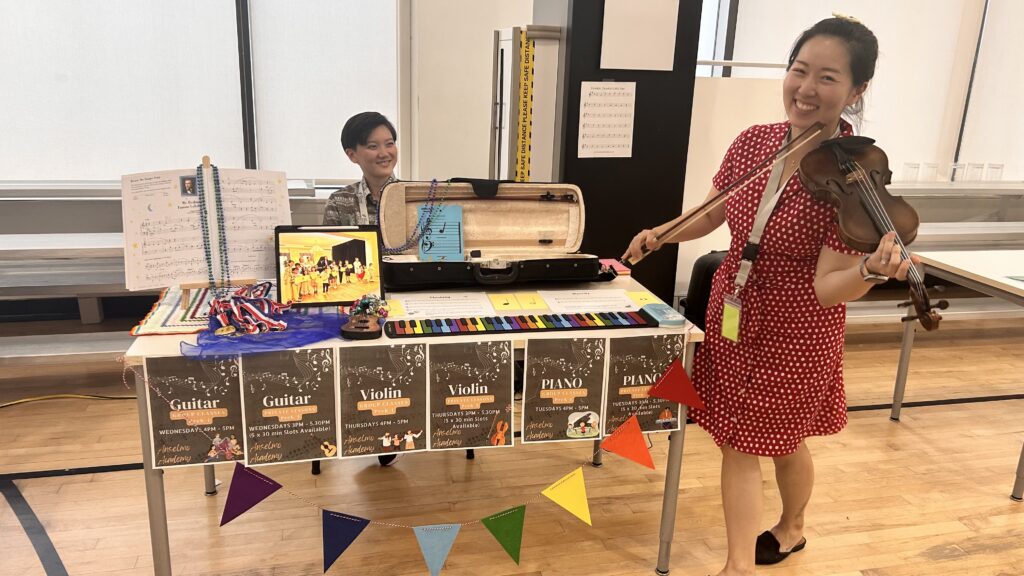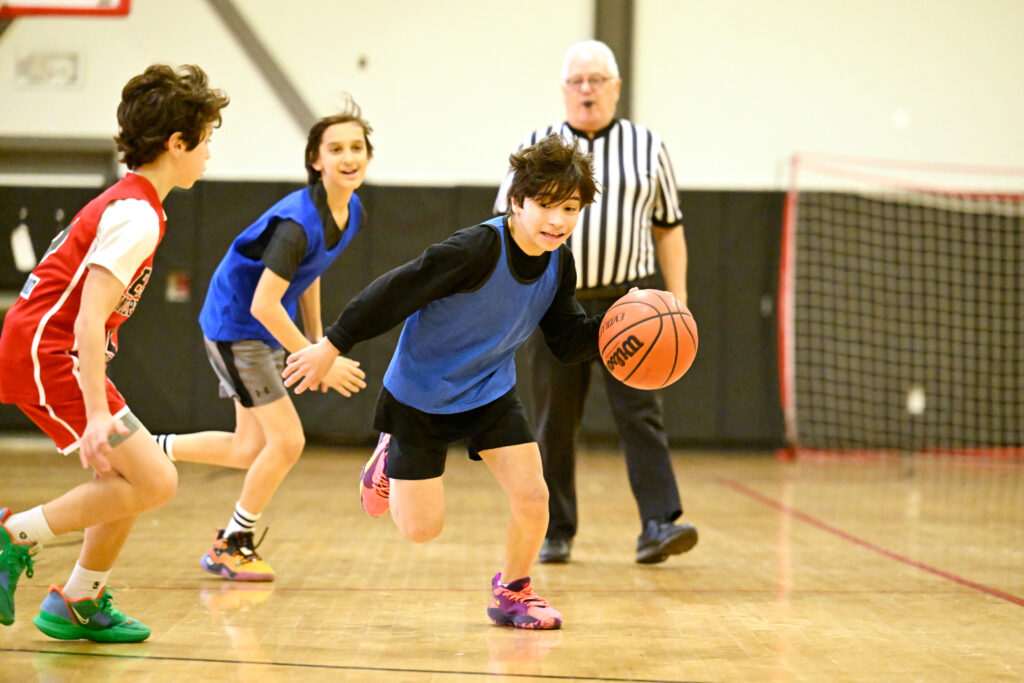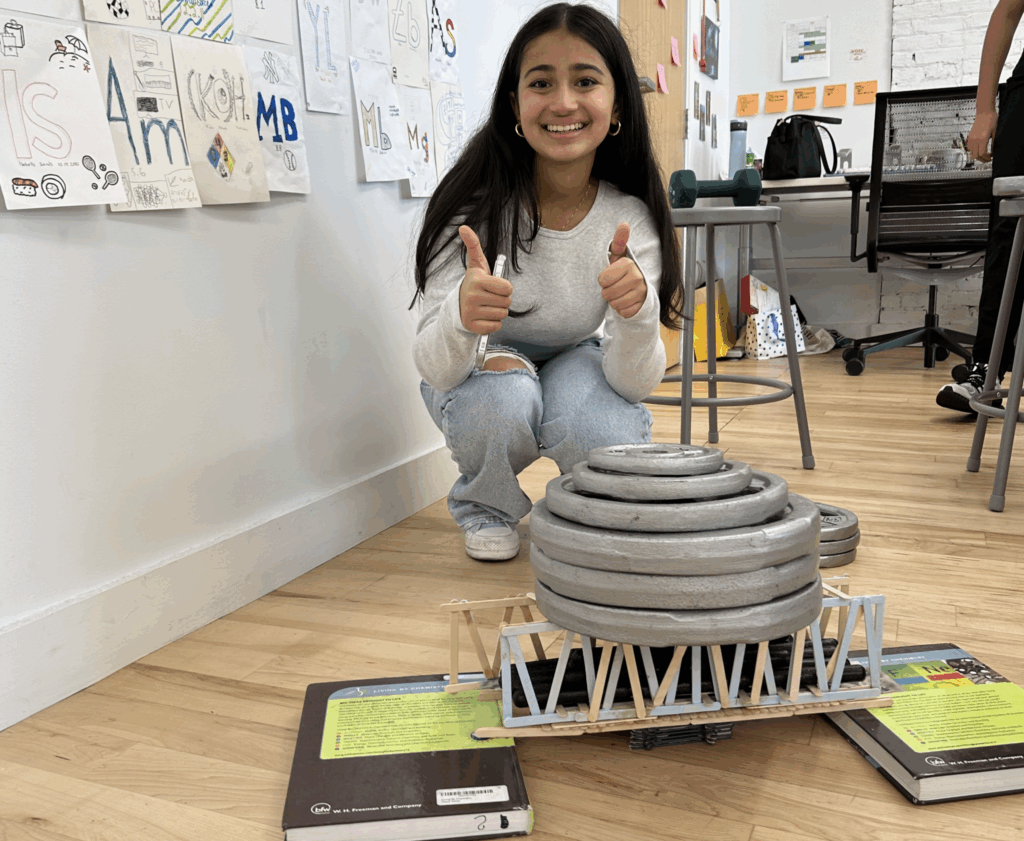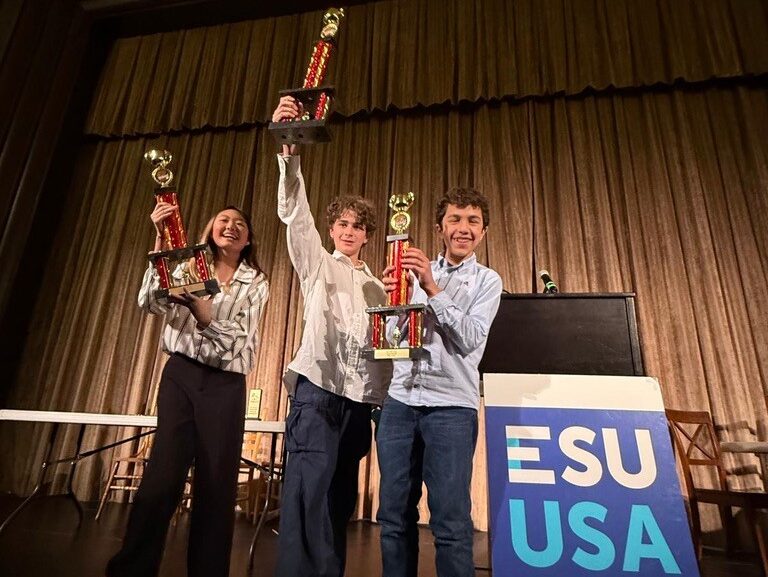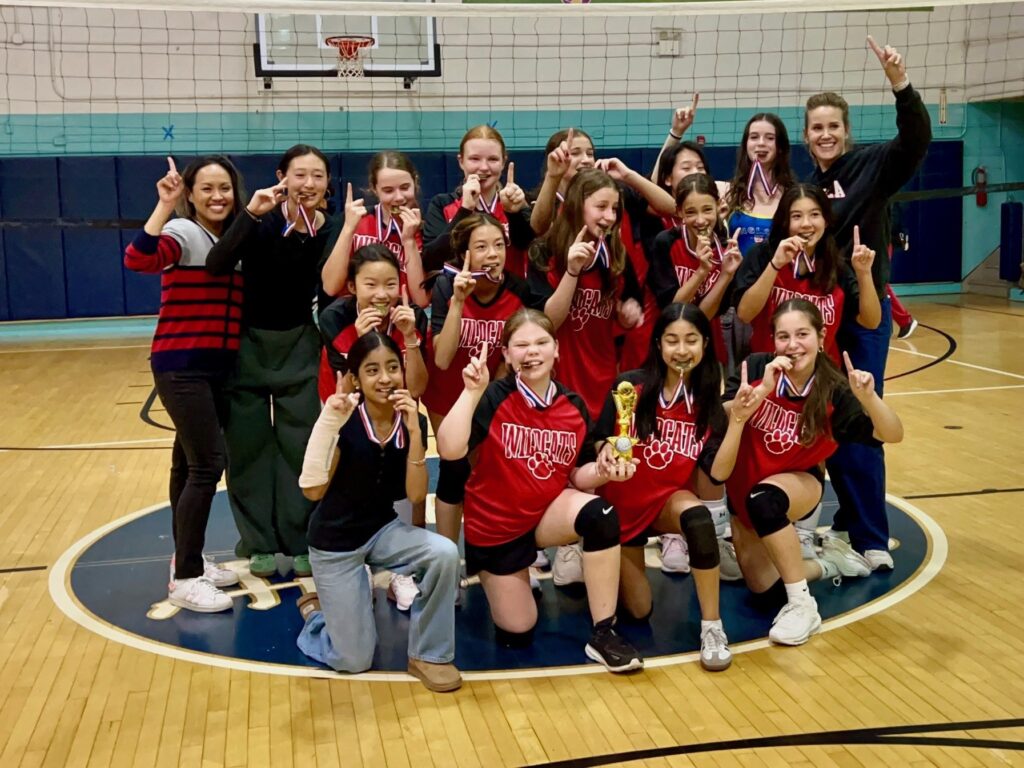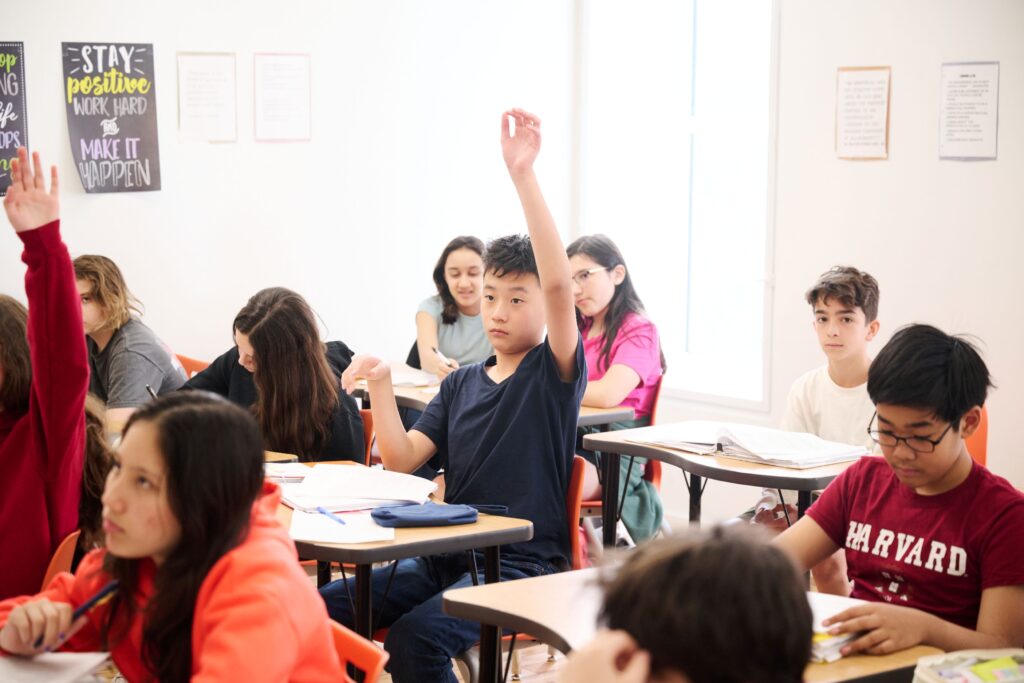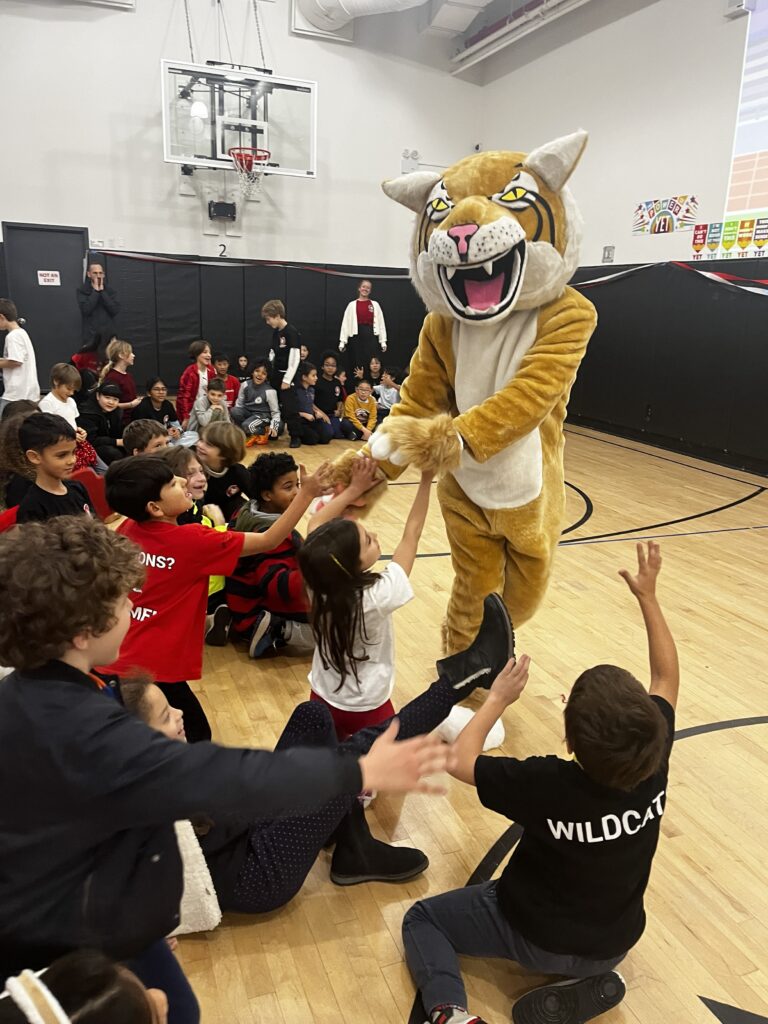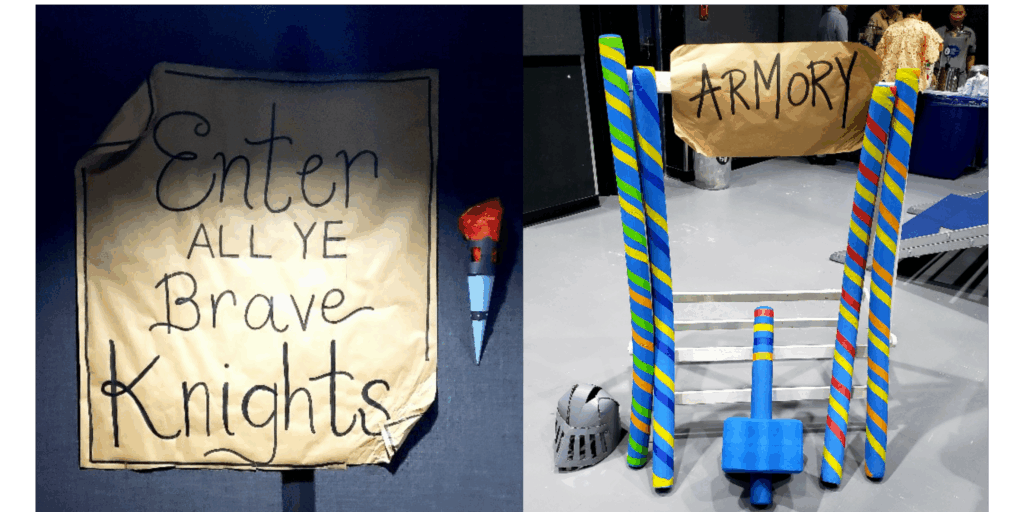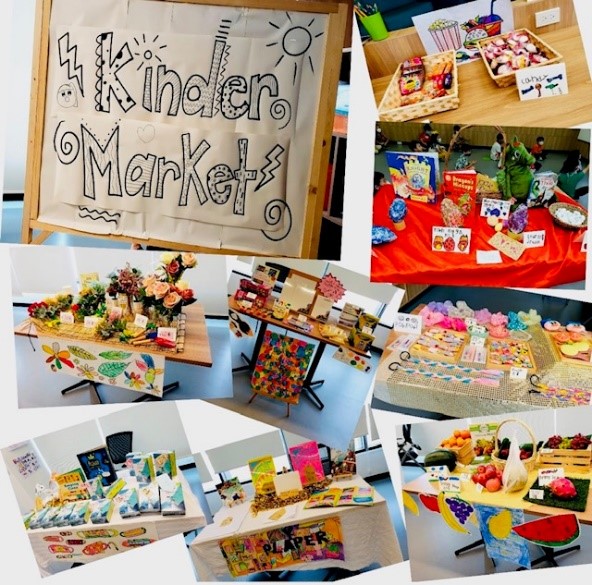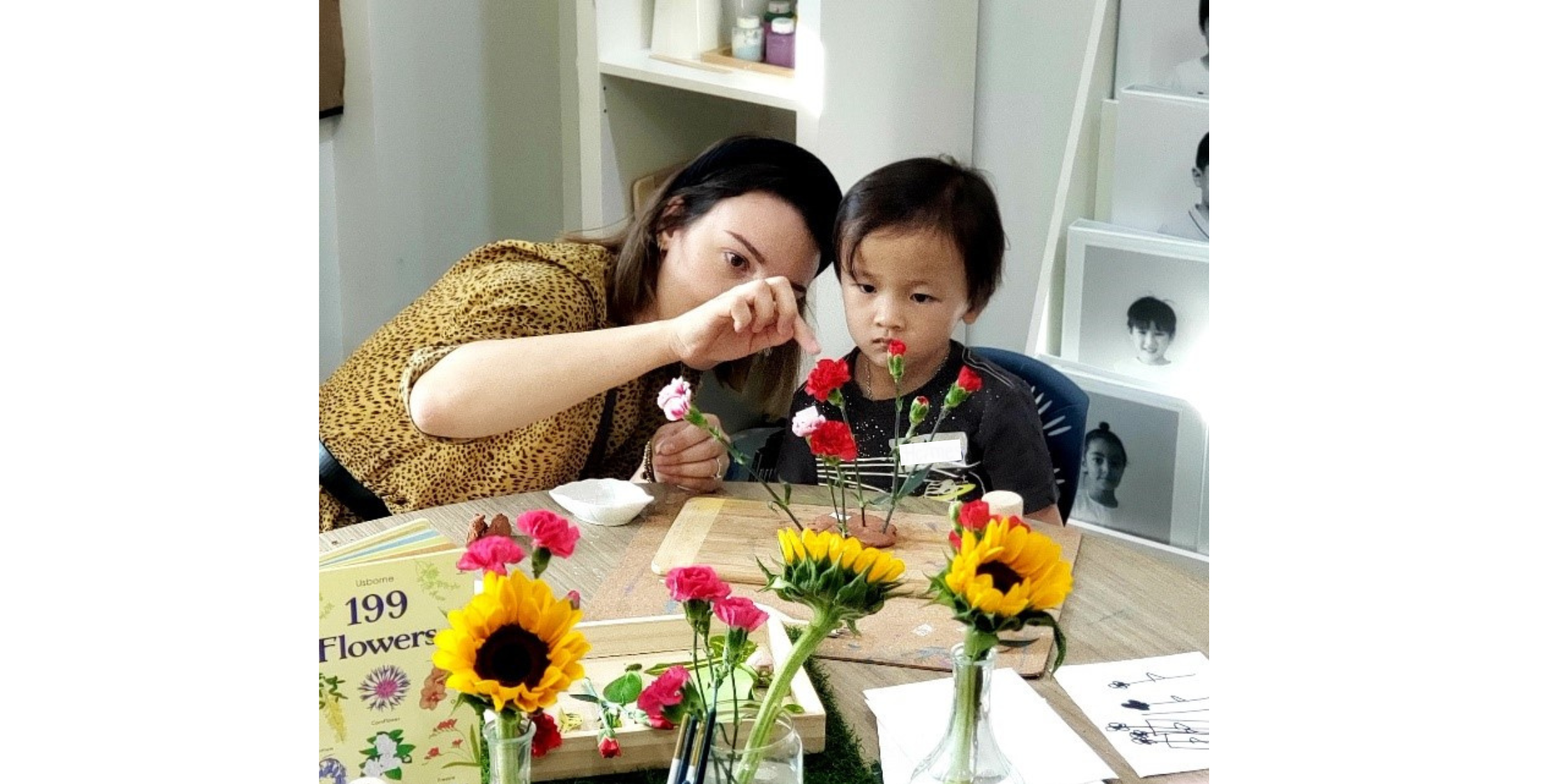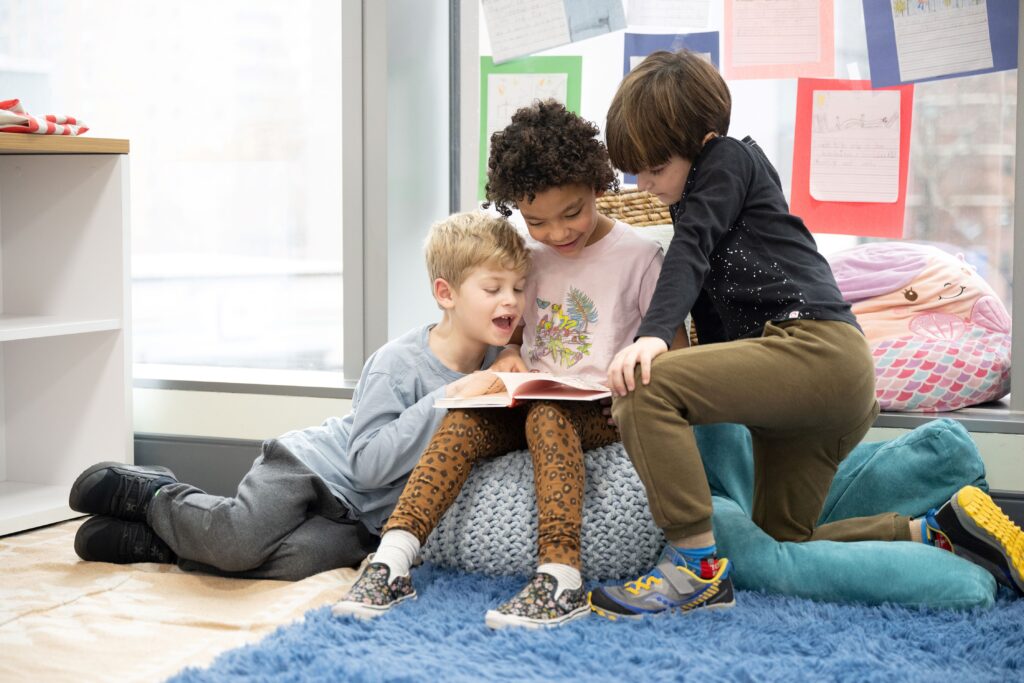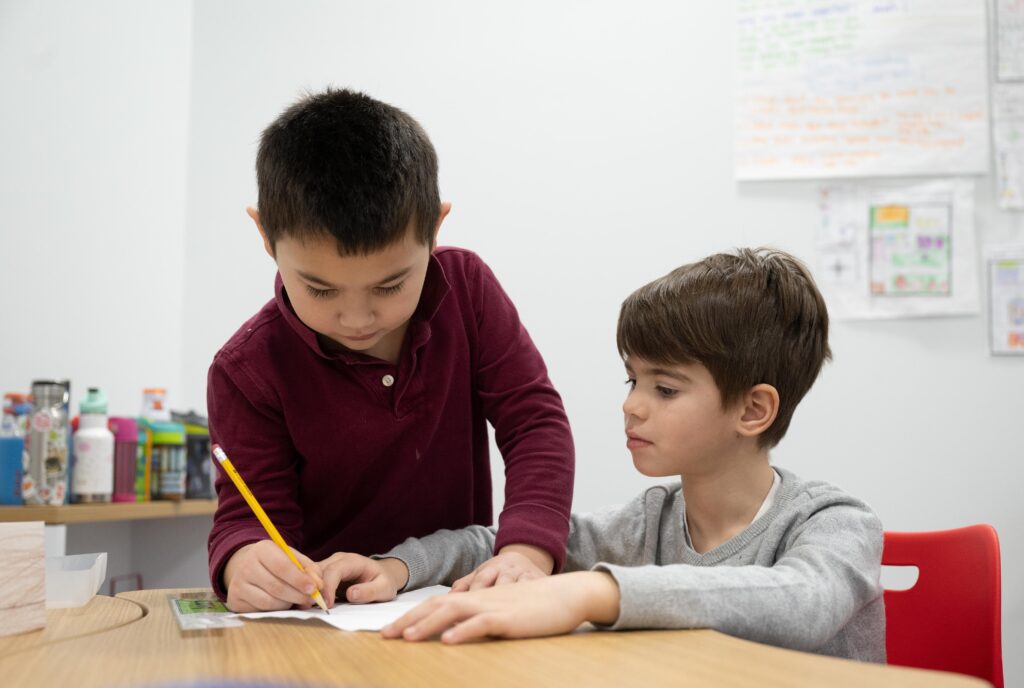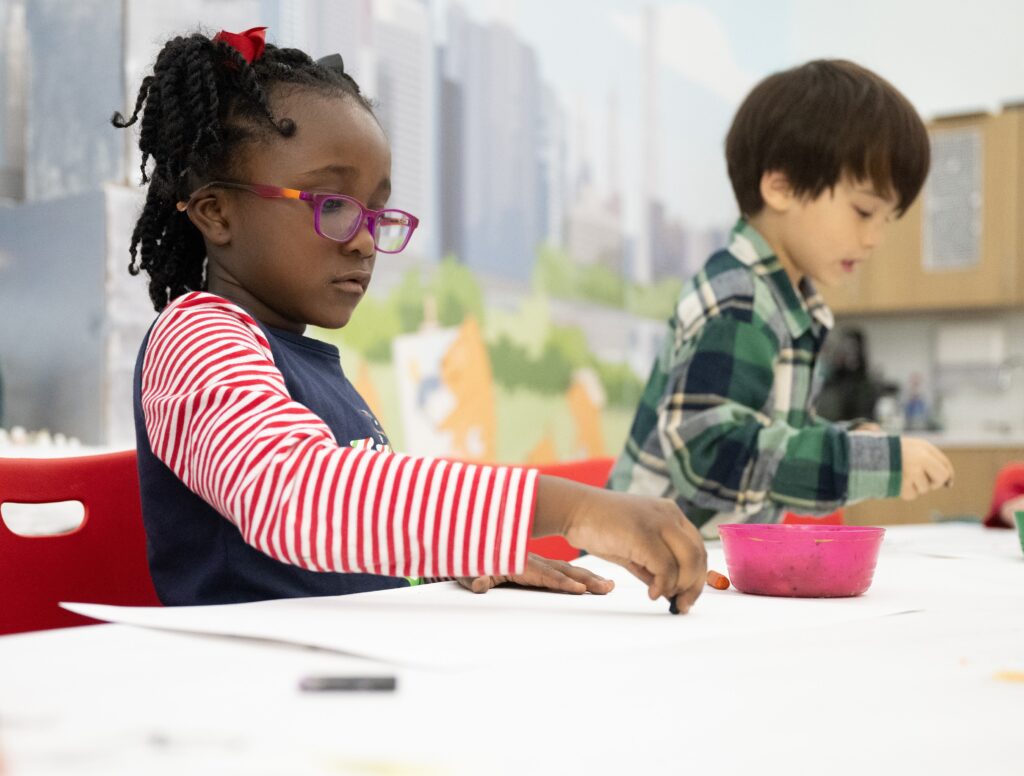Autumn is approaching in Brooklyn, bringing with it cooler breezes, colorful leaves, and the energy of a new school year. For many, fall is a season of traditions and new beginnings, and here at BASIS Independent Brooklyn, it is no different.
Autumn signals the start of one of the most exciting times on our school calendar—admissions events. At the heart of this season are our Open Houses. These events are among the most meaningful opportunities of the year for future families to experience our classrooms, meet our teachers and leaders, hear from current students and parents, and see firsthand what makes our program so unique.
Please join us in person at one of our Open Houses on Saturday, September 27 (Grades 3-12) and Saturday, October 4 (PreK-Grade 2).
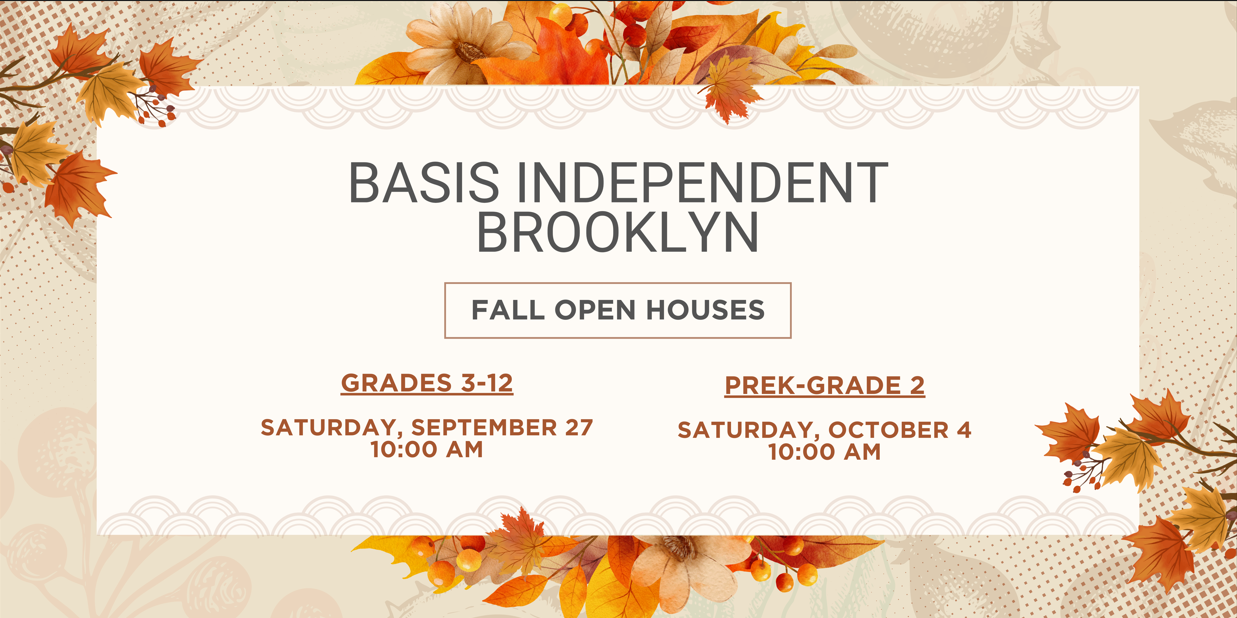
General Open House Structure:
For both Open Houses, doors will open at 9:30 a.m., and the event will last approximately until 12:00 p.m. ET. We welcome you to register and attend, even if you cannot stay for the entire event. Students are encouraged to join us, as well.
Open Houses begin with an introduction from our Head of School and an Open House overview. Then, families will be split up by grade level and enter our classrooms to meet our Learning Expert and Subject Expert Teachers. Open Houses also include a Parent and Student Panel, where you will be able to hear from current BASIS Independent Brooklyn families.
Please review the details below for additional information regarding the structure of each Open House:
GRADES 3-12:
Saturday, September 27 at 10:00 a.m. ET
556 Columbia Street, Red Hook
The Primary Program: Grades 3-5
Saturday, September 27
Visit with our Learning Expert and Subject Expect Teachers to learn about our unique two-teacher model (for grades 3—4). From math and science to humanities, Mandarin, music, and more, find out how we support students in developing study skills and spark a lifelong love for learning. You will also have the chance to learn about how these Bridge Years encourage autonomy, creativity, and confidence to help prepare your student for Middle School.
The Middle School Program: Grades 6-8
Saturday, September 27
In the Middle School Program, we focus on developing the academic, executive functioning, and self-advocacy skills needed for success in the high school years. Hear from our Subject Expert Teachers about how they inspire excellence inside and outside of the classroom. Plus, learn about the many athletic and academic competition teams, clubs, international trips, and more.
The High School Program: Grades 9-12
Saturday, September 27
Educating tomorrow’s great innovators, pioneers, and leaders requires a well-rounded curriculum – one with breadth and depth across academic disciplines. Meet students, faculty, and administrators as you and your child learn about high school at BASIS Independent Brooklyn, including our unique Senior Year program.
Parent and Student Panel
Our Upper School Open House will also include a Q&A panel that consists of BASIS Independent Brooklyn parents, students, and school leadership.
Refreshments
We will have light refreshments for the whole family.
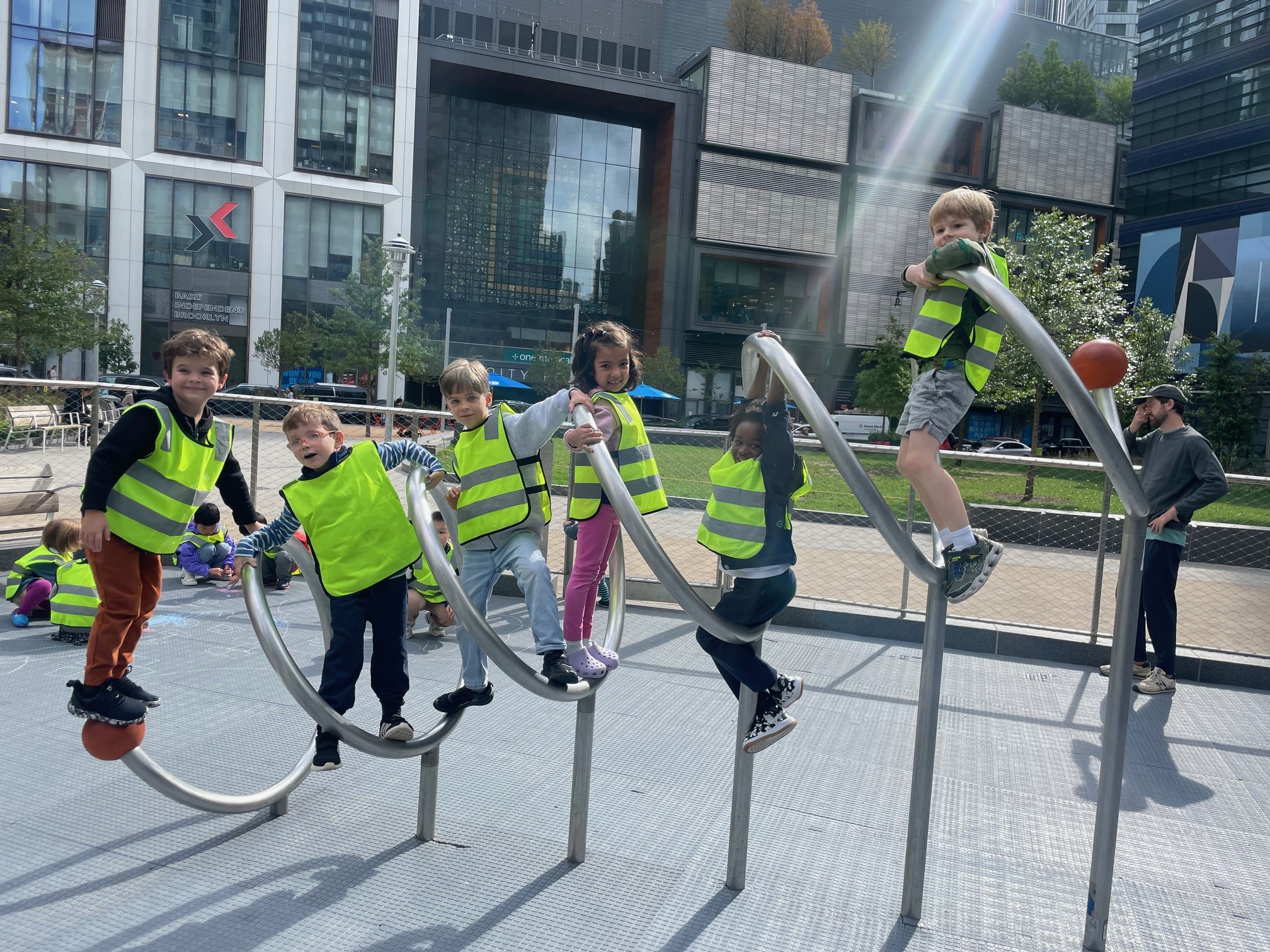
PreK–GRADE 2:
Saturday, October 4 at 10:00 a.m. ET
405 Gold Street, Downtown Brooklyn
PreK & Kindergarten
Saturday, October 4
Learn about our Early Learning Program, where our youngest students grow. Hear from teachers, administrators, and parents about how BASIS Independent Brooklyn Lower School fosters curiosity, exploration, and creativity. Our passionate Subject Expert Teachers will show you what a day in the life looks like as they lead mini lessons in their vibrant rooms.
Grades 1-2:
Saturday, October 4
Visit with our Learning Expert and Subject Expect Teachers to learn about our unique two-teacher model. From math and science to humanities, Mandarin, music and more, find out how we support students in developing study skills and spark a lifelong love for learning. Our Subject Expert Teachers will lead mini lessons to help you get a feel for the engaging activities that take place in the classrooms. These sessions will also help you understand the transition to our Upper School campus in Grade 3.
Parent and Student Panel
Our Lower School Open House will also include a Q&A panel that consists of BASIS Independent Brooklyn parents, students, and school leadership.
Refreshments
We will have light refreshments for the whole family.
———-
Don’t miss this interactive experience! Click here to register for our Fall Open House. As you get ready for the fall season, we hope you choose to spend some of your time with us, getting to know our wonderful community.
